Political rivals of Pakistan's ex-PM Imran Khan reach deal on coalition govt.
Pakistan's main political rivals of imprisoned former prime minister Imran Khan have announced a power-sharing agreement to form a coalition government after an inconclusive national election did not produce a clear majority.
The agreement between the Pakistan People’s Party (PPP) and the Pakistan Muslim League-Nawaz (PML-N), two dynastic parties of the country, ends days of negotiations following the February 8 elections which were marred by allegations of electoral fraud on the part of the interim government.
PPP chairman Bilawal Bhutto Zardari confirmed at a late-night press conference in Islamabad that former PM Shehbaz Sharif, who was seated beside him, would be the coalition's candidate for prime minister.
He added that his father Asif Ali Zardari will be the alliance's candidate for the country's president.
"We are hopeful that Shehbaz Sharif will soon become the prime minister of the country and the whole of Pakistan should pray that the government should be successful," Bhutto Zardari, who was foreign minister under Sharif in the last government which dissolved in August ahead of elections.
Bhutto Zardari said ministerial portfolios had been agreed and would be announced in the coming days.
Shehbaz Sharif, the younger brother of former PM Nawaz Sharif, said the two parties had the numbers to form the government and also had the support of other smaller parties.
Candidates loyal to Khan's Pakistan Tehreek-e-Insaf (PTI) party won the most seats in the National Assembly. They were forced to stand as independents.
PML-N has emerged as the second largest party with 79 seats and PPP as the third with 54 seats. They, along with four other smaller parties, have a comfortable majority in the legislature of 264 seats.
The National Assembly must convene by February 29, when the coalition can be formally approved.
The proposed new government looks much the same as the shaky coalition that combined to oust Khan in a no-confidence vote in 2022 when Sharif became prime minister for the first time.
On the streets of the capital Islamabad, some were skeptical of what the new government had to offer.
"Each time they formed a government, inflation skyrocketed, making it difficult for the poor to survive," retired 67-year-old Saeed Asmat was quoted as saying.
PTI lashed out against the agreement, reiterating its accusations of foul play.
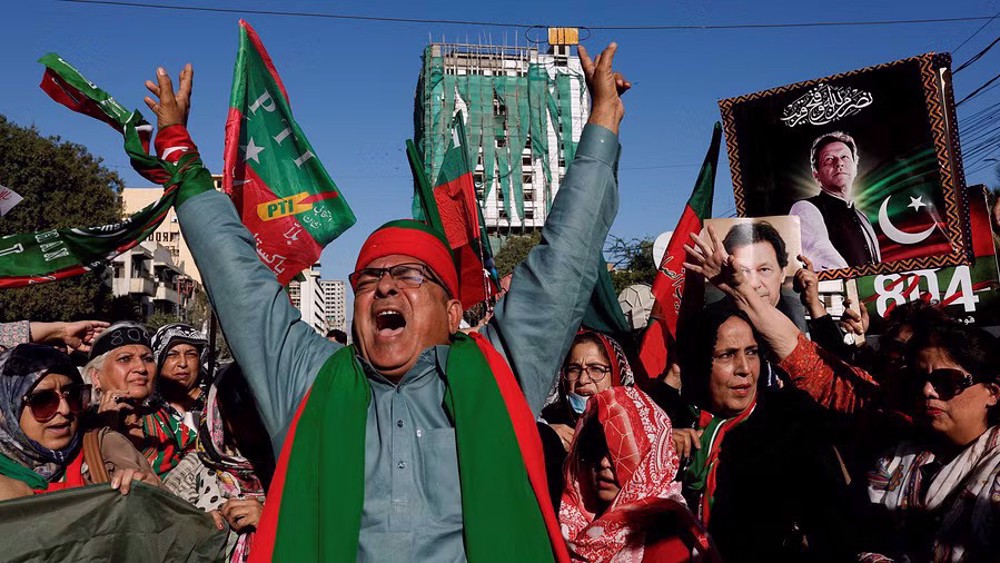
"The PML-N and the Peoples Party deserve some praise for their epic 30-year journey, from stealing taxpayers' money together to stealing an election together," the party said on social media platform X.
The deal has left out politicians loyal to jailed former leader Imran Khan despite them winning the most seats in this month's vote.
The Election Commission of Pakistan (ECP) is now looking into allegations of poll rigging and has formed a high-level committee to probe the matter. The investigation was triggered by allegations of poll rigging made by former Rawalpindi commissioner Liaquat Ali Chattha.
Ali Chattha. on Saturday alleged that the candidates who were 'losing' the elections 'were made to win' in the city. He claimed that 13 candidates from Rawalpindi were forcefully declared winners.
The delay in forming a government in the nuclear-armed nation of 241 million has caused concern as Pakistan is grappling with an economic crisis amid slow growth and record inflation, rising militant violence, and needs a stable administration with the authority to take tough decisions.
'Next to impossible' to rescue patients from Gaza's Kamal Adwan Hospital: Director
VIDEO | Vietnam current prosperity
Report blames gasoil exports for shortage at Iranian power plants
VIDEO | Hind Rajab Foundation names Israeli war criminals vacationing after Gaza genocide
VIDEO | Australians rally for Gaza ahead of Christmas festivities
VIDEO | Attacks on Sana'a
Iran reports further drop in annual inflation rate in December
Israel indicts two settlers over suspected spying for Hezbollah


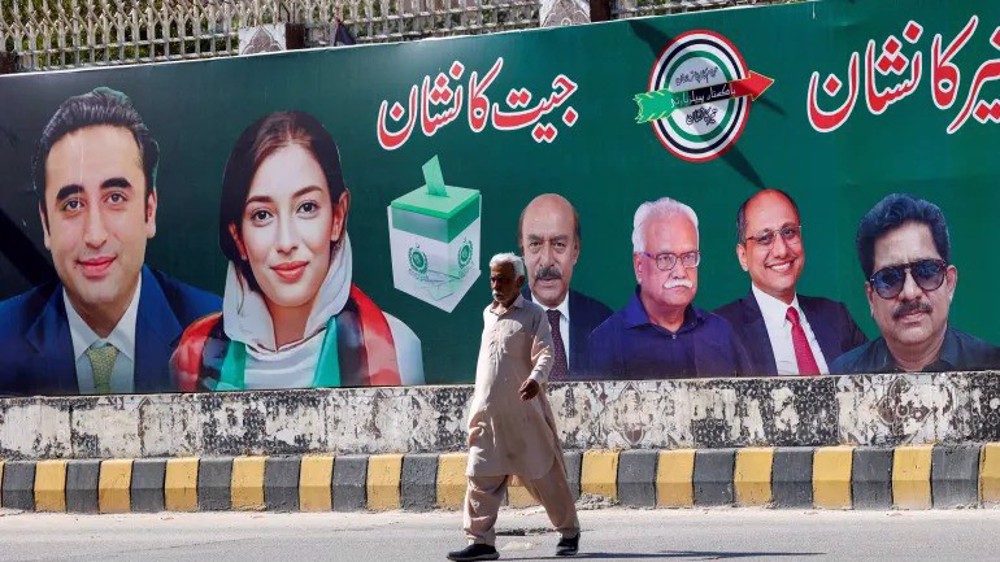
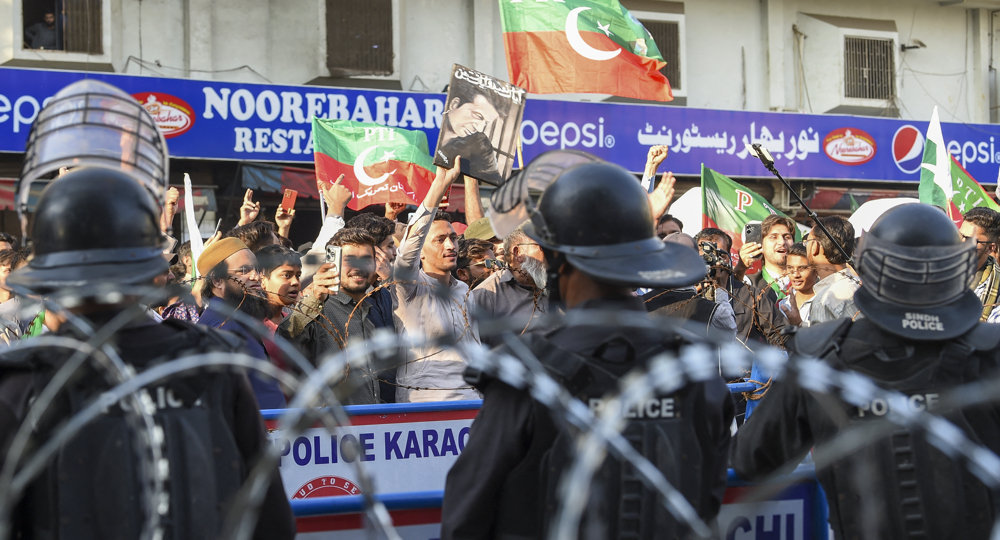
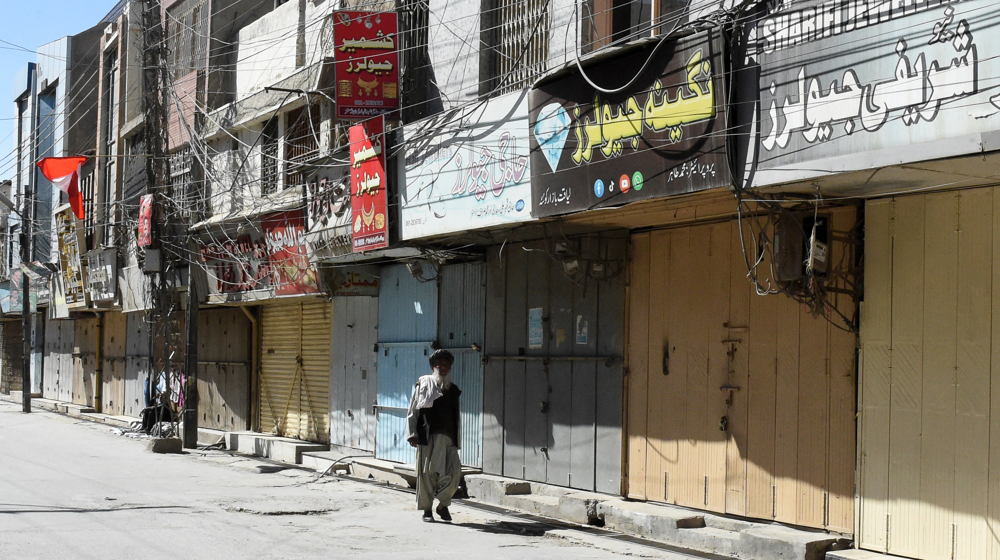
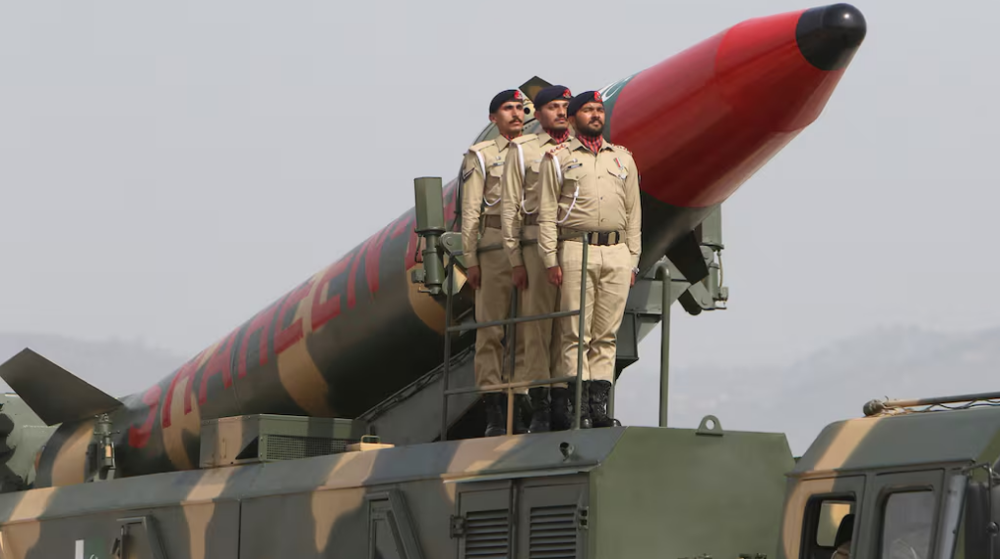

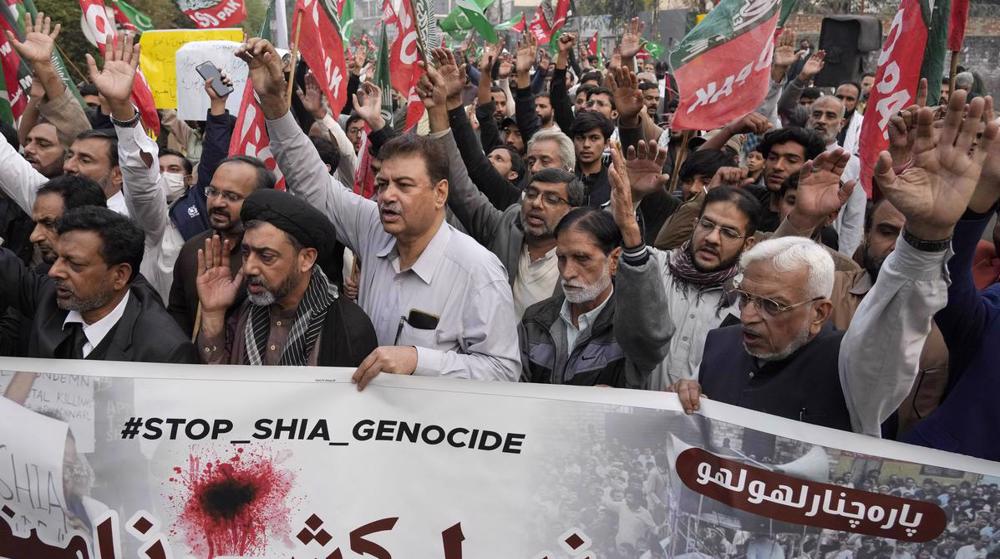



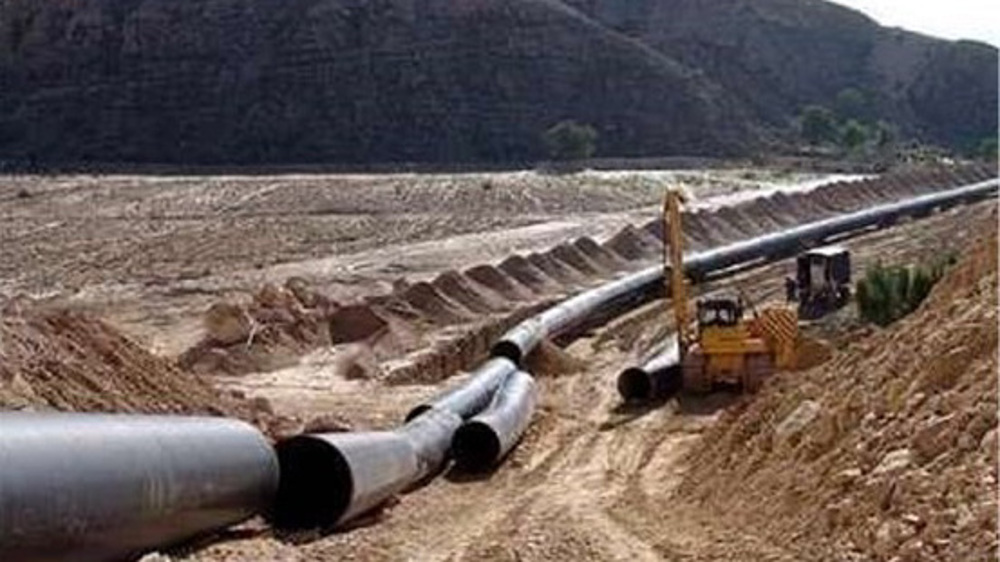
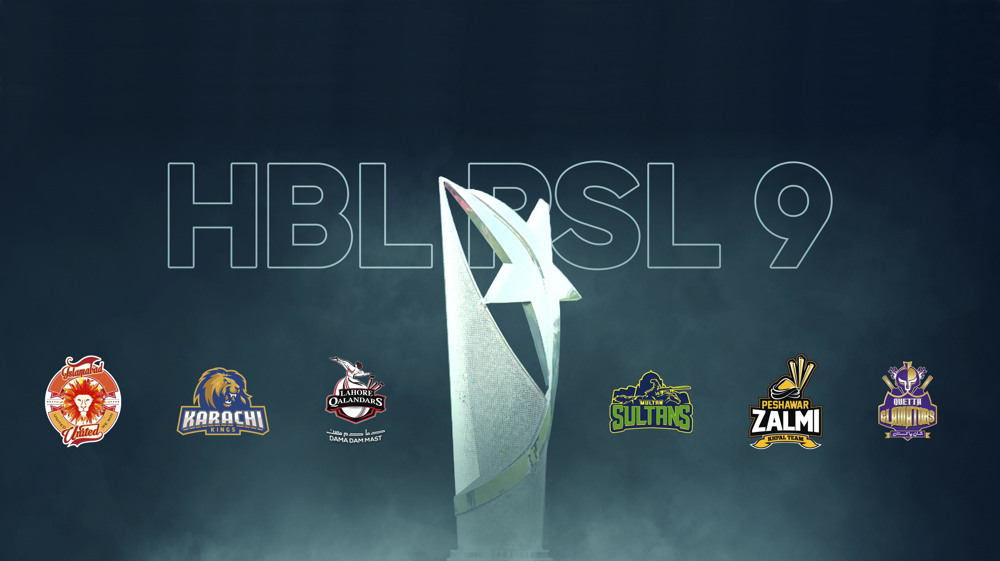
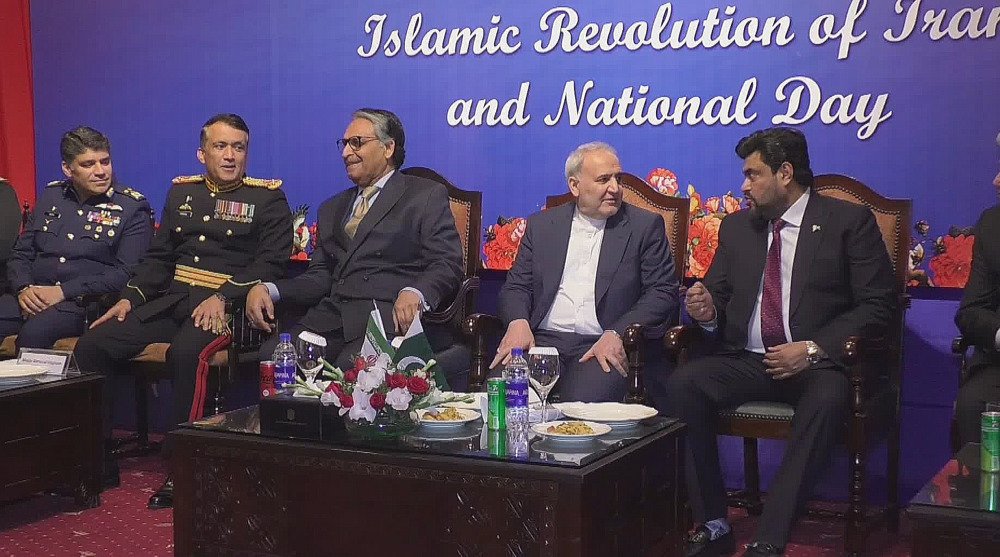
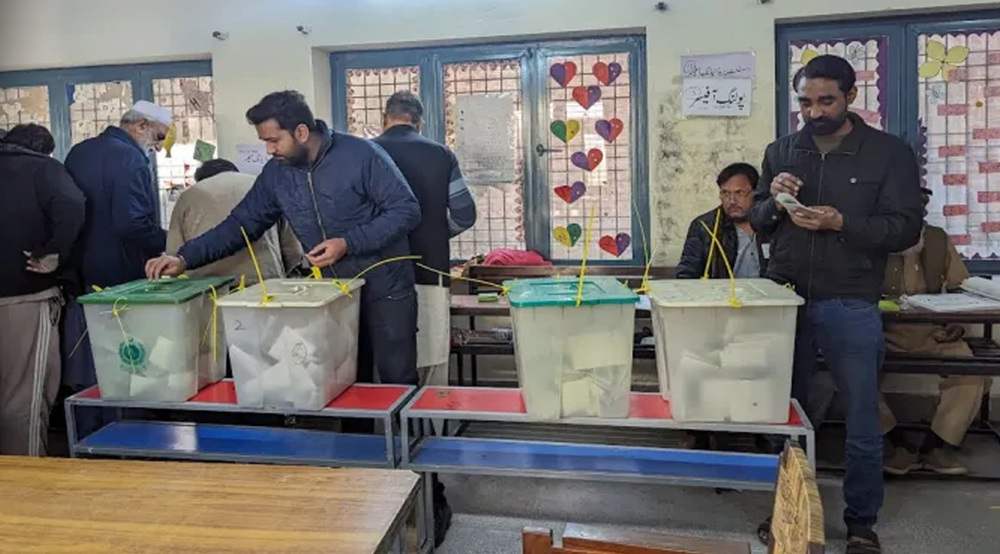
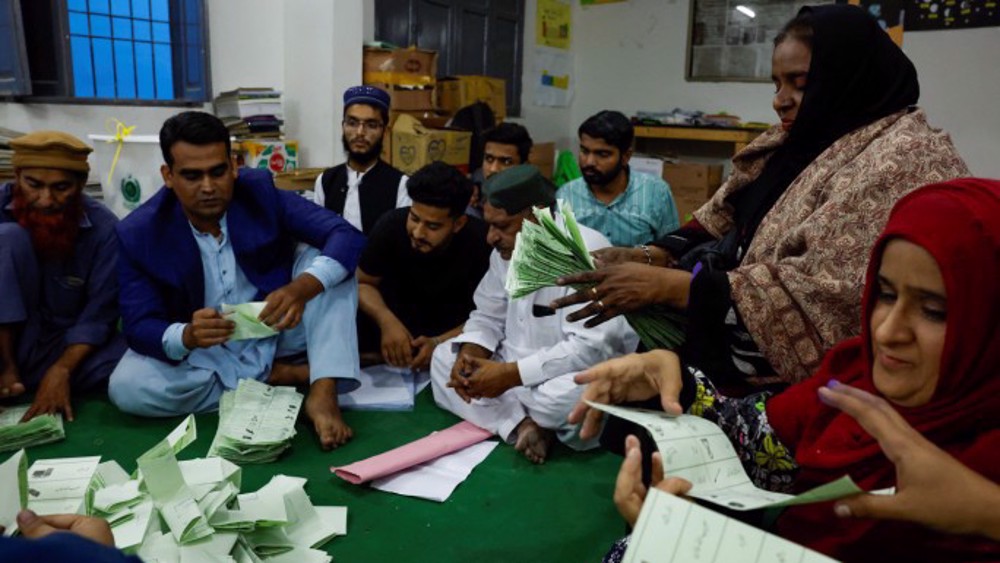

 This makes it easy to access the Press TV website
This makes it easy to access the Press TV website